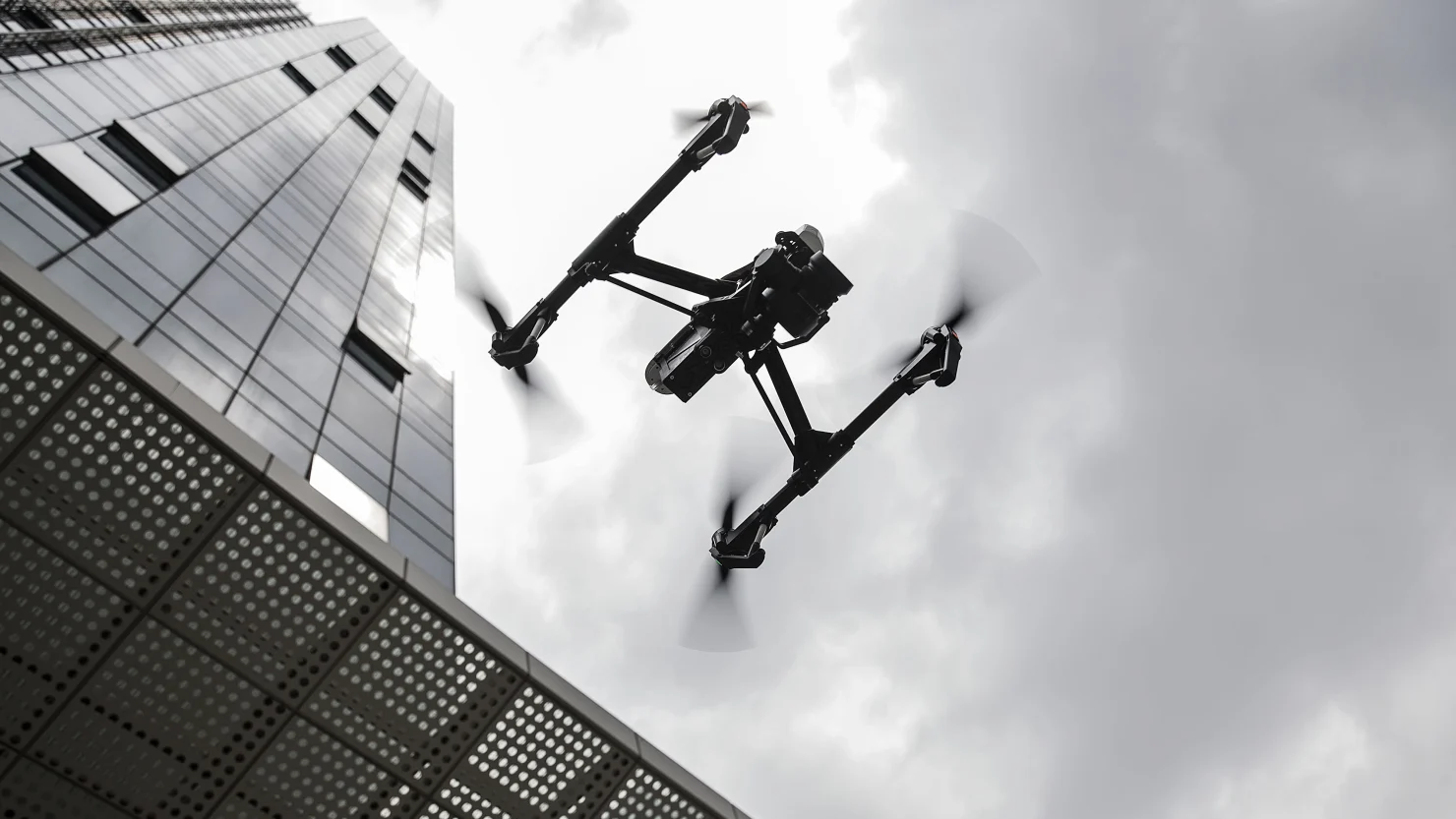China has introduced new regulations tightening export controls on dual-use goods—items that can serve both civilian and military purposes—just ahead of President Xi Jinping’s visit to Russia. These measures are seen as part of Beijing’s effort to regulate sensitive technologies and materials that could have military applications.
The new rules, set to take effect on December 1, aim to “safeguard national security and interests” and promote international cooperation on non-proliferation, according to a statement from China’s State Council, translated by CNBC. This comes amid escalating U.S. sanctions targeting Chinese companies that Washington accuses of supplying dual-use goods, like drones, to Russia for use in the ongoing conflict in Ukraine.
President Xi is scheduled to attend the BRICS summit in Kazan, Russia, from Tuesday to Thursday, according to China’s foreign ministry. His visit highlights the strategic importance of China-Russia relations, particularly in light of rising geopolitical tensions.
At a press briefing last week, Chinese foreign ministry spokesperson Mao Ning reiterated China’s opposition to U.S. sanctions, asserting that China has not supplied weapons to either Russia or Ukraine and strictly controls exports of dual-use goods, including drones. This statement came shortly after the U.S. added two Chinese companies to its sanctions list, accusing them of supplying aerial drones used by Russia in the Ukraine war.
Benjamin Cavender, managing director of China Market Research Group, noted that materials and technologies related to aerospace applications, particularly drones, could be among the first items to face export restrictions under the new rules, given their significance in recent conflicts.
While China is attempting to align its trade regulations with global norms, some analysts, such as Alicia Garcia-Herrero, chief economist for Asia-Pacific at Natixis, suggest that Russia could be exempt from these restrictions.
The new regulations will implement a licensing system for the export of dual-use items, requiring exporters to disclose the end users and intended purpose of the goods. A list of restricted items will also be introduced, aimed at standardizing controls on sensitive technologies that could be used for military purposes.






